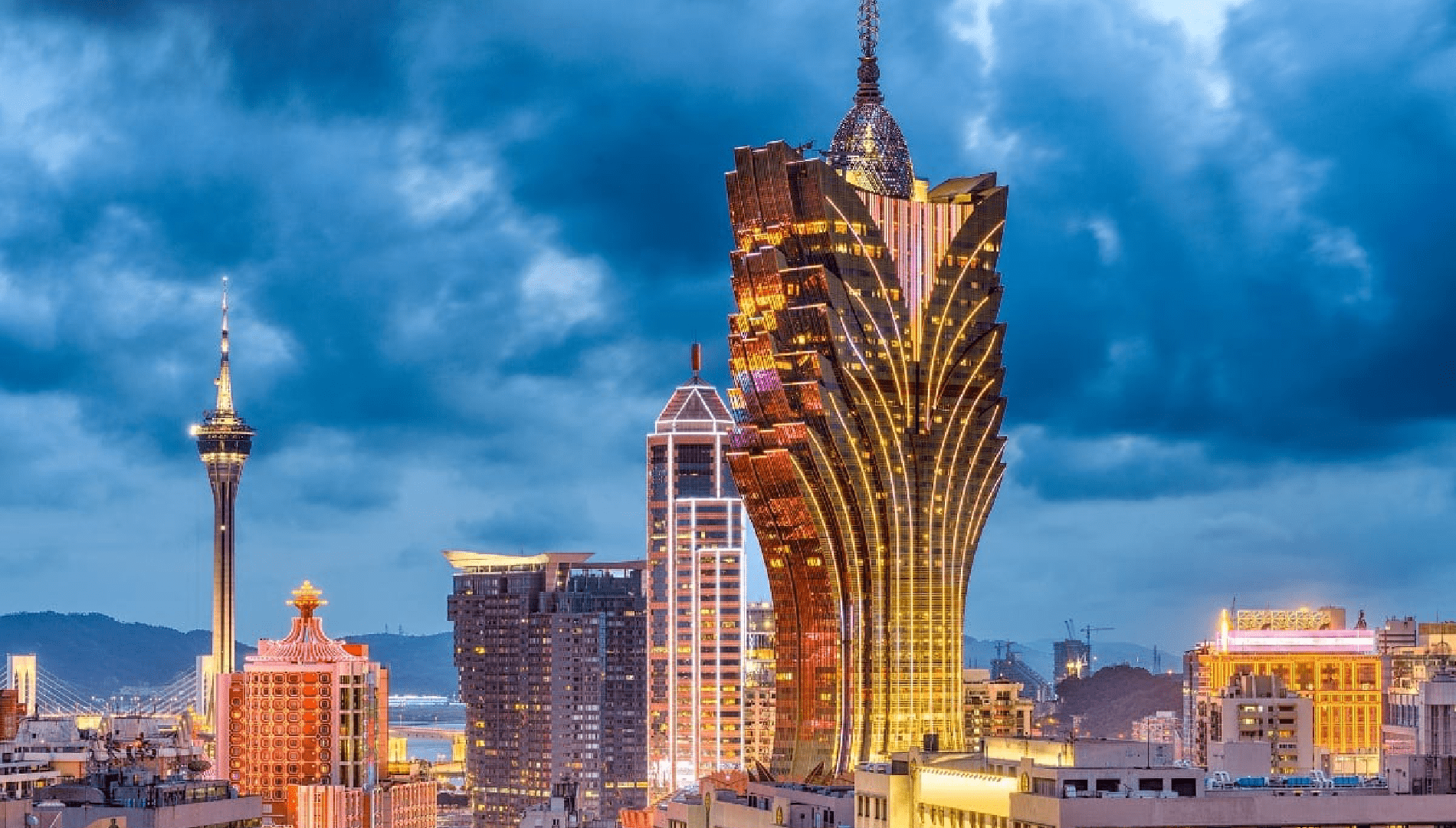
According to a Monday report from the Macau Gaming Inspection and Coordination Bureau, gamblers in the enclave won MOP19.5 billion (US$2.42 billion) at the casinos.
In comparison to February, when the city welcomed a large number of Chinese New Year visitors, March 2024 saw an increase of more than 53% year over year and 5.5% better. The only area under Chinese rule where slot machines and table games are legal exceeded analysts' consensus projection in March, which called for a 49% year-over-year improvement.
Since the city's reopening in January 2023, Macau's monthly casino win in March was the second-highest amount ever.
GGR has increased 65.5% from the same period in 2023 to the first three months of 2024 in what was once the richest gaming market in the world before the COVID-19 pandemic (a title that Nevada has since recaptured). In the first quarter, the six casino license holders in the area—Sands, Galaxy, MGM, Wynn, SJM, and Melco—won $7.11 billion.
Volatility in the Market
The six casino concession holders in Macau operate in a very different environment now than it did before the outbreak. One of the main goals of China's efforts to strengthen national security during the global health crisis was to avoid huge sums of money from leaving the country and going to countries controlled by the Communist Party.
Beijing ordered Macau to examine casino junket organizations that had been bringing the wealthiest VIP gamblers from the mainland to the Special Administrative Region (SAR) to gamble in private high-roller rooms for years, more closely, during the health crisis. President of China Xi Jinping made charges alleging that junkets made it easier to send big sums of money through the tax haven. According to the Chinese leader, there were concerns to national security.
In an effort to stop the illegal flow of money from the mainland to Macau for the express purpose of gambling, the tax haven city of Macau, which is governed by China's "One Country, Two Systems" policy and grants the region a considerable degree of autonomy over its governance, has decided to take tough measures against the VIP travel sector. Consequently, junkets have mostly disappeared from Macau.
Due of this, the six casino companies—each of which has spent billions of dollars building resorts throughout the city—have been obliged to refocus their efforts on the mass market and premium consumers.
Various Perspectives
According to several Macau observers, the casinos have already made a successful shift to target premium mass-public and general audiences.
Those market watchers have hope for 2024 and the coming years. JPMorgan analysts stated last week that there are no indications of a coming slowdown. Not all brokerages share this conviction.
While March's GGR was much better than March 2023, the $2.42 billion still only makes up 75% of March 2019's pre-pandemic revenue. After terminating "zero-COVID" in late 2022, China and Macau reopened their borders to foreign traffic. December 2023 was the best month of 2019 since GGR reached 81% of its pre-pandemic level.
Macau’s post-COVID recovery path is slowing as China’s economic growth loses momentum,” Shirley Zhao and Katia Dmitrieva, economics correspondents for Bloomberg, said Monday. “Slowing growth came despite rising numbers of tourists, suggesting per person spending weakened amid deteriorating consumer sentiment.”
The public's potential reduction in spending is paired with the casinos' continuous expense increases. The casinos continue to fulfill their nongaming investment obligations as specified under their 2022 relicensing provisions, even in the face of inflation.










